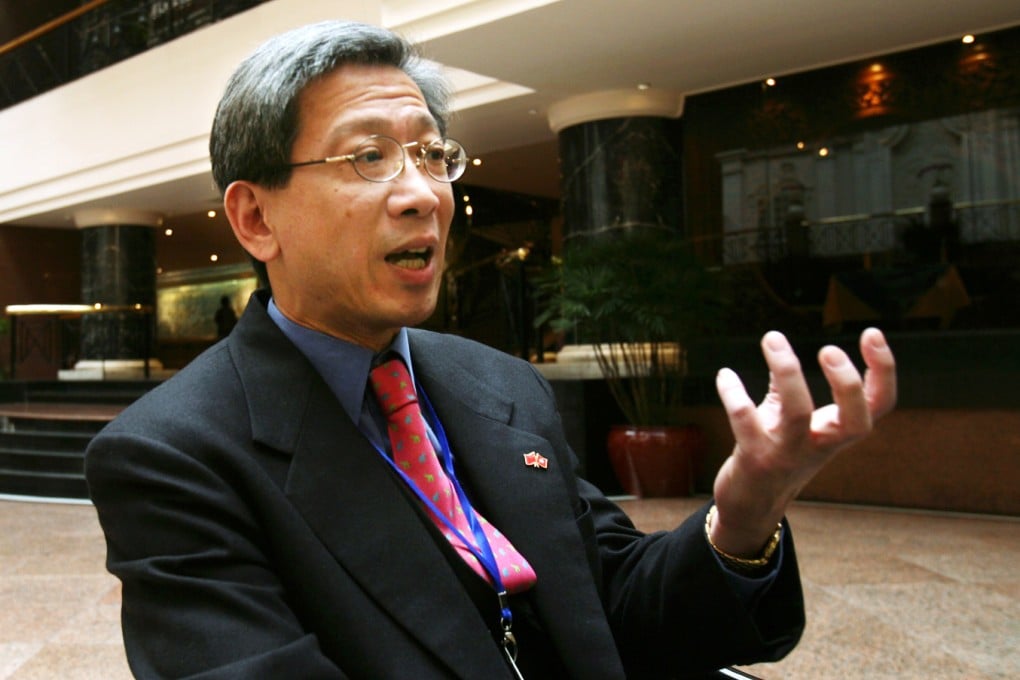Concern over call for national security laws in Hong Kong
Legal expert says a local national security law would keep Beijing law at bay in emergency

A pro-Beijing legal expert has weighed into the debate about applying national security laws in Hong Kong, saying it would be consistent with Basic Law provisions that empower Beijing to act in times of "emergency".
Alan Hoo, chairman of the Basic Law Institute, an NGO, also warned that Occupy Central could be just such a trigger. He called on Hongkongers not to demonise Article 23 of the mini-constitution that requires Hong Kong to enact national security legislation. It was shelved more than a decade ago in the face of mass protests, but Hoo said it offered the only alternative to direct application of mainland law in an emergency.
He was speaking after Peking University law professor Rao Geping was quoted as saying some mainland academics wanted national security laws applied in Hong Kong until the city enacted legislation under Article 23. Legislative Council president Jasper Tsang Yok-sing said he was shocked by the suggestion and said it clashed with the Basic Law.
But Hoo yesterday pointed to the Basic Law's Article 18 that says if Beijing decides Hong Kong is in a state of turmoil which "endangers national unity or security" and is beyond the SAR government's control, central authorities may issue an order applying relevant national laws.
Speaking on Commercial Radio, he said the mainland academics could be worried about the Occupy Central movement that plans to block roads in the financial district in a non-violent push for democracy.
Hoo suggested Rao was saying that "without an Article 23 law, the People's Liberation Army lacks a legal ground to operate" in the city. Referring to the wave of revolutions in North Africa since 2010, Hoo said that the mainland academics could be "thinking about an emergency situation - and definitely Occupy Central, for example, if it escalates into an Arab Spring".